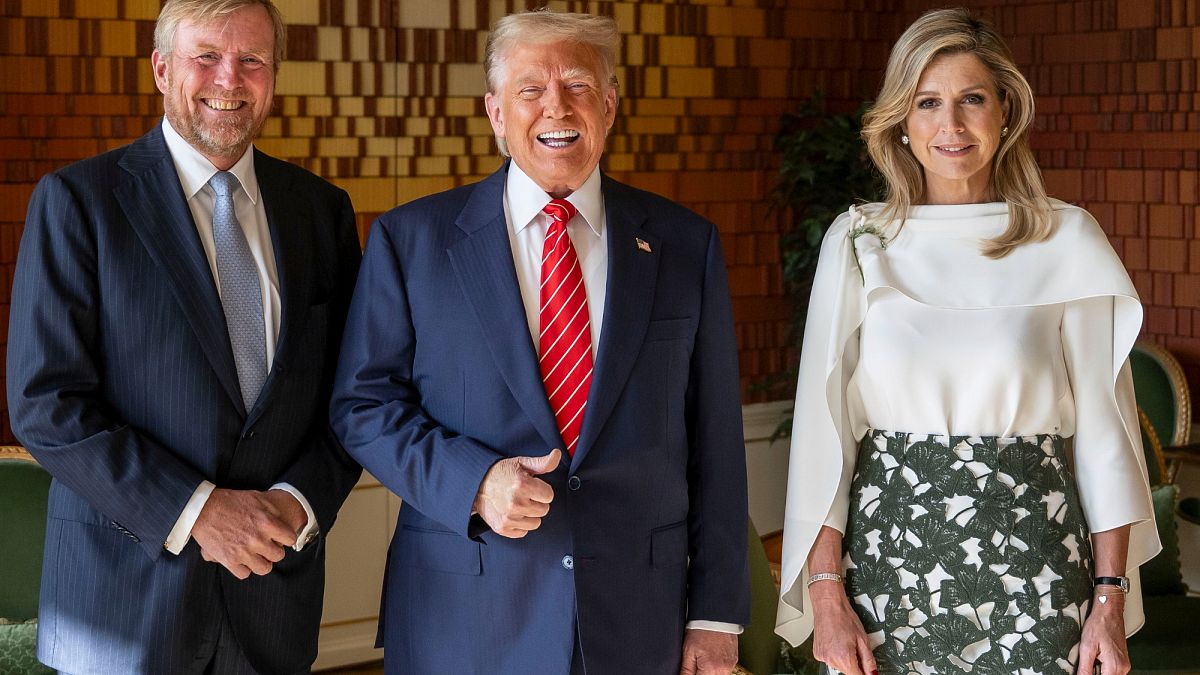

The past week has witnessed a series of notable developments in the realm of international politics and defense, marked by significant gatherings, policy shifts, and strategic alliances. These events have painted a picture of both unity and transformation among global leaders and countries, adapting to evolving geopolitical landscapes.
In a symbolic gesture reflective of bridging cultures and solidifying alliances, US President Donald Trump opted for a stay at the Dutch royal palace Huis Ten Bosch during the recent NATO summit. This choice, over the typical luxury hotel accommodations, set the stage for engaging dialogues with King Willem-Alexander and Queen Máxima. The discussions underscored shared commitments within NATO and highlighted the personal diplomacy that often underpins international partnerships.
NATO, faced with the challenges of a shifting global order, announced a redirection of its focus. European members are adjusting to the United States’ strategic pivot under President Trump’s leadership, emphasizing challenges beyond Ukraine. While the situation remains complex, with potential hurdles forecasted for Ukrainian forces, NATO nations are steadfast in their collective security goals. Defense spending is poised to increase to 5% of GDP by 2035, reinforcing their unwavering commitment to mutual defense principles.
In parallel developments, the European Union and Canada have signed a pivotal defense and security pact amidst varying stances on international alliances. This agreement, ratified in Brussels, not only strengthens defense ties but also extends cooperation on pressing global issues including climate change and technological advancements. Canadian Prime Minister Mark Carney and European leaders pledged increased support for Ukraine, showcasing a united front in times of global instability.
Across the Atlantic, France witnessed the birth of a new political movement spearheaded by former Prime Minister Dominique de Villepin. His newly launched party, Humanist France, aims to bring human-centric approaches back into politics, focusing on social cohesion, environmental sustainability, and peace. As the nation anticipates its upcoming presidential elections, this development adds a fresh dimension to its political landscape, resonating with citizens seeking progressive representation.
In the sphere of space exploration and innovation, the European Union has also made strides in addressing the increasing concern of space debris. With growing satellite traffic turning space into a veritable jungle, new legislation aims to strengthen regulatory measures, ensuring sustainable and safe utilization of Earth’s orbit. This initiative illustrates the EU’s proactive steps in safeguarding a valuable yet vulnerable frontier.
Through these varied initiatives and agreements, a pattern of adaptation and collaboration emerges. As countries navigate the intricacies of modern geopolitics, the emphasis remains on dialogue, innovation, and sustainable partnerships, setting a hopeful tone for the future.
Source: {link}
